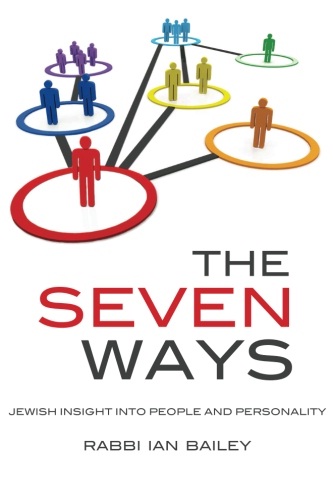When Great Leaders Dispute, Who is Correct?
Moshe provides the service of judging Israel from dawn until dusk, but Yitro assertively redoes the judicial system, inserting dozens of judges who will assist in this service.
Yitro’s approach is accepted. Was Moshe wrong per se?
There is no question that righteous figures in the Torah do sometimes make mistakes; however, it behooves us to attempt to  understand their actions as having proper intentions, though the final results may have been incorrect or less ideal.
Avraham ben HaRambam writes[1] that the real crime in analyzing the seeming mistakes of Torah figures is not in what you say about them but how you say it. To study someones misdeed can be educational[2], but to denigrate him or her in the process is a “sin”[3].
understand their actions as having proper intentions, though the final results may have been incorrect or less ideal.
Avraham ben HaRambam writes[1] that the real crime in analyzing the seeming mistakes of Torah figures is not in what you say about them but how you say it. To study someones misdeed can be educational[2], but to denigrate him or her in the process is a “sin”[3].
 Moshe is a role model for us in that he desires the absolute truth, even if that can lead to exhaustion. Yitro models for us the concept that we need sustainable models for our organizations: businesses, families, and synagogues, though the level of efficiency or perfection.
Moshe is a role model for us in that he desires the absolute truth, even if that can lead to exhaustion. Yitro models for us the concept that we need sustainable models for our organizations: businesses, families, and synagogues, though the level of efficiency or perfection.
 understand their actions as having proper intentions, though the final results may have been incorrect or less ideal.
Avraham ben HaRambam writes[1] that the real crime in analyzing the seeming mistakes of Torah figures is not in what you say about them but how you say it. To study someones misdeed can be educational[2], but to denigrate him or her in the process is a “sin”[3].
understand their actions as having proper intentions, though the final results may have been incorrect or less ideal.
Avraham ben HaRambam writes[1] that the real crime in analyzing the seeming mistakes of Torah figures is not in what you say about them but how you say it. To study someones misdeed can be educational[2], but to denigrate him or her in the process is a “sin”[3].
 Moshe is a role model for us in that he desires the absolute truth, even if that can lead to exhaustion. Yitro models for us the concept that we need sustainable models for our organizations: businesses, families, and synagogues, though the level of efficiency or perfection.
Moshe is a role model for us in that he desires the absolute truth, even if that can lead to exhaustion. Yitro models for us the concept that we need sustainable models for our organizations: businesses, families, and synagogues, though the level of efficiency or perfection.
[to learn more about practical management for laymen and Moshe and Yitro’s disagreement, buy The Seven Ways]
IB
[1] Hamaspik L’ovdei hashem [2] One of the reasons his or her misdeed is in the Torah or Midrash is for us to learn from it! [3] His own wording.